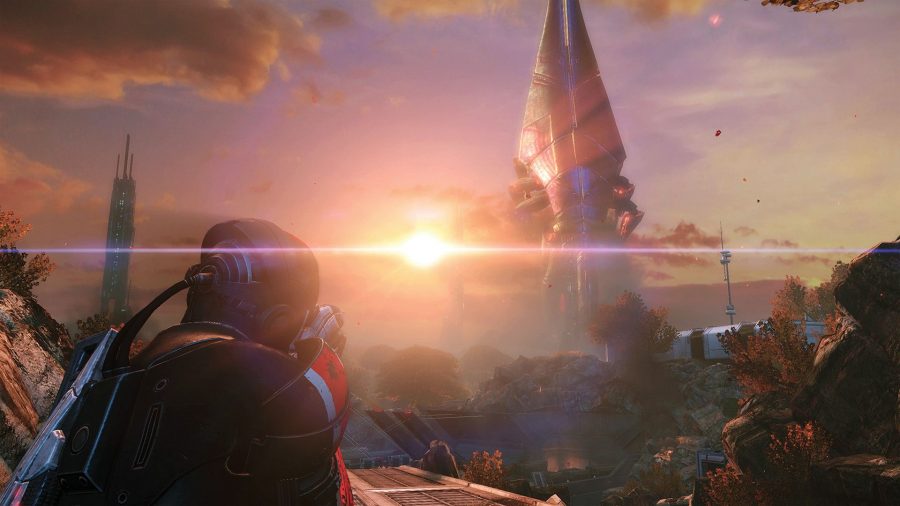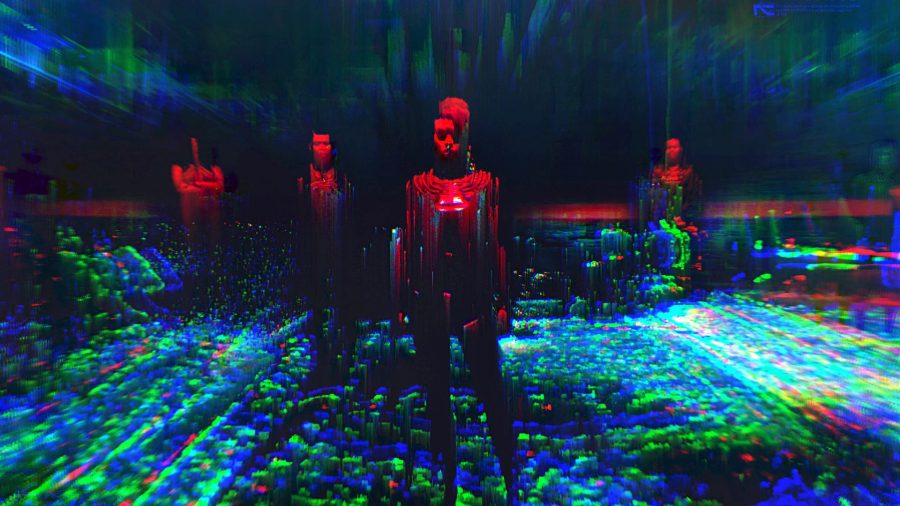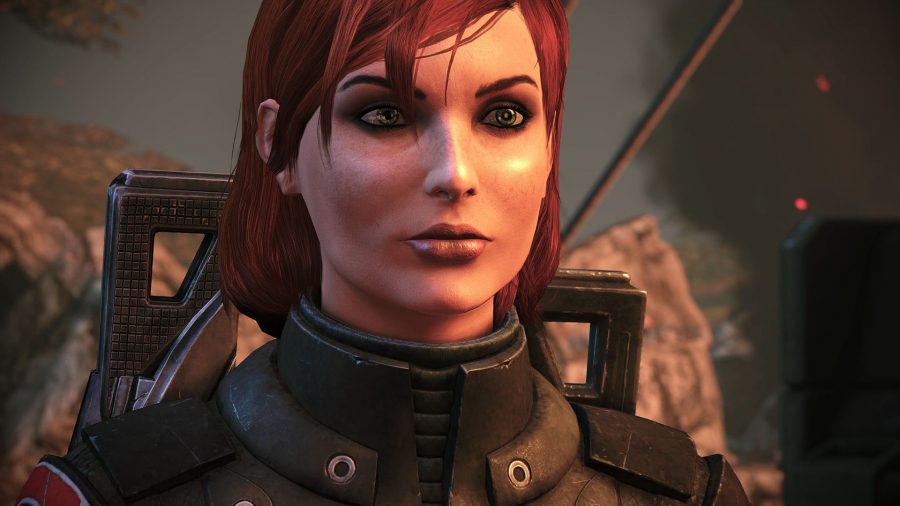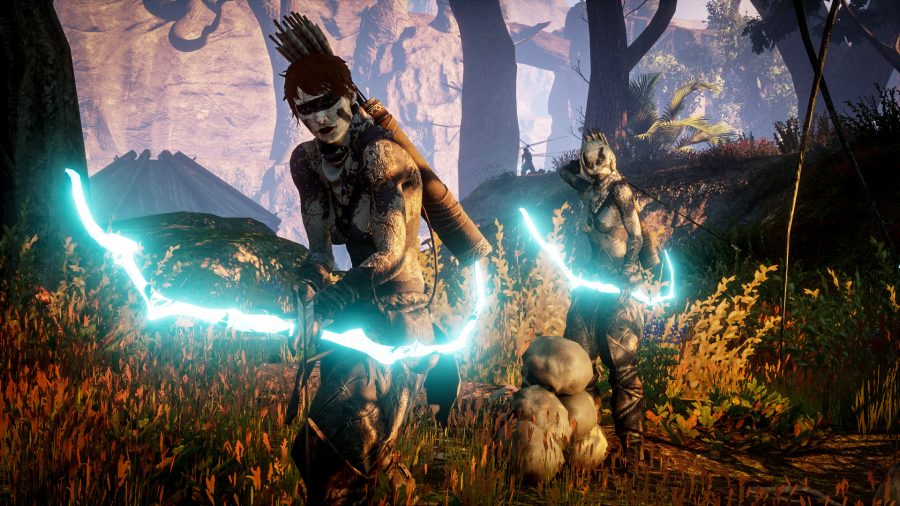As a disabled gamer, it warms my heart to see the leaps we’ve made in making games more accessible. Five years ago I wouldn’t have imagined triple-A studios would hire disabled consultants or partner with nonprofits like AbleGamers. Nor would I have imagined that one of the biggest gaming stories in 2020 would be about The Last of Us 2 – one of the highest-grossing PlayStation games of all time – taking massive strides forward with its accessibility options.
It’s an exciting time, especially for a relatively nascent industry that’s constantly experimenting and evolving. However, there is still much work to be done before disabled folks are on equal footing with our fellow gamers and developers – not least because of the persisting stigma we face and the continuous misunderstanding of what accessibility actually means.
If you Google ‘difficulty modes controversy’, you’ll find an endless stream of articles about the same debate that’s gone on for years. The games are different, but the argument and counterargument never change:
People should work hard to beat the challenges games offer! The difficulty is the whole point…
No, people should be allowed to just have fun. And for some disabled gamers, easy modes are a necessity without which they may not be able to play at all.
Of course there are new nuances every time this ‘controversy’ rears its ugly head. But it illustrates a divide between how non-disabled and disabled gamers understand accessibility. A significant number of non-disabled gamers seem to believe that if you can’t or don’t want to put in the practice, then some games just aren’t for you. There’s also a belief that accessibility in games begins and ends with difficulty modes and the options menu. Disabled gamers know both of these assumptions to be untrue.
There’s too much to unpack for the first assumption, so I’ll focus on the latter. To start with, I’ll tell you about myself: Hi. I have a degenerative disease called spinal muscular atrophy (SMA) and I love RPGs.
there is still much work to be done before disabled folks are on equal footing with our fellow gamers
It’s a problematic combination of personal traits. RPGs often require the use of a keyboard. SMA weakens my muscles and has made it impossible for me to use one. Thankfully, I still have the strength to use my mouse, and can point and click at an on-screen keyboard as a workaround. Alas, most RPGs are incompatible with onscreen keyboards as most games bind your cursor to camera movement.
I had to resolve my problem by purchasing a gaming mouse with additional remappable buttons and downloading an iPhone app that connects to my laptop. There are exceptions, like BioWare’s Dragon Age series, which has a pause-and-command system inspired by tabletop RPGs that frees my cursor. But ensuring I can manage the controls is just one aspect of accessibility.
Regardless of whether a game has accessible controls and settings or not, my impaired mobility still affects my reaction time in combat. So I adapt my style of play accordingly, specing my mage with slowing ice spells and defensive barriers, and outfitting them with armour that buffs their health. I pick the sniper rifles and stay under cover in Mass Effect; I take out gangs and corpos with quickhack combos from afar in Cyberpunk 2077.
SMA gives me unique challenges at every step, yet my solutions are surprisingly mundane: a gaming mouse designed to give competitive gamers an edge? Picking a class and investing points in certain abilities, like everyone else? Taking the stealthy approach?
An RPG can have accessible mechanics, whether by design or unintentionally
This is one of the reasons I love RPGs, and even sandbox games like The Sims – they’re designed with a wide variety of approaches and choices in mind. In doing so, accessibility is incidentally built into the game before anyone has to start the deliberate work of implementing additional settings or difficulty modes. These genres reveal a weak point in accessibility discourse without most gamers knowing it.
The divide between non-disabled and disabled gamers in our understanding of accessibility in games has its roots in disability history, which is packed with stories of segregation and discrimination. A quick Google search will give centuries’ worth of examples. Just look at a blue-and-white wheelchair symbol on a ramp. Consider what it implies: ‘this ramp was built as an accommodation for an Other.’
But ramps help people with their baby strollers and luggage as well as their wheelchairs. A gaming mouse can be both a competitive tool and an assistive device. An RPG can have accessible mechanics, whether by design or unintentionally. And accessibility, at its core, is merely about acknowledging human diversity and giving people the ability to choose what best suits their experience.
Perhaps I’m naïve, but I believe that despite the ableism in our communities, videogames are an empathetic medium. They’re capable of confronting our preconceptions of accessibility and even bridging the divide between how accessibility is approached in gaming and in real-life spaces. And they may do so in increasingly subtle ways. The relatively recent popularisation of classless RPGs is particularly exciting to me, as they allow even more flexibility for different styles of play.
As the technology that powers games evolves, so too must our conversations about accessibility.
If accessibility is acknowledging human diversity, it follows that accessibility doesn’t benefit only the disabled, but the non-disabled as well. While part of my work as an advocate is to help others understand what living with SMA is like, it’s also my job to imagine a world of radical access and integration with the people around me. That includes not only my friends, family, colleagues, and healthcare professionals, but readers and other strangers I come into contact with. Sure, I want the next five years to herald even more unimaginable progress, but I think you do, too.
Instead of revisiting the exhausted debate on the merits of difficulty modes and challenges, why not look for new ways to share the games we love now and the games we’ve yet to create and play? We’ve come so far already, and some of the groundwork has already been laid for us, even if unintentionally. Why should we not build on what we have and advance to the next level?
{“schema”:{“page”:{“content”:{“headline”:”How RPGs like Cyberpunk and Dragon Age change perceptions of accessibility”,”type”:”feature”,”category”:”cyberpunk-2077″},”user”:{“loginstatus”:false},”game”:{“publisher”:”CD Projekt”,”genre”:”RPG”,”title”:”Cyberpunk 2077″,”genres”:[“RPG”]}}}}





